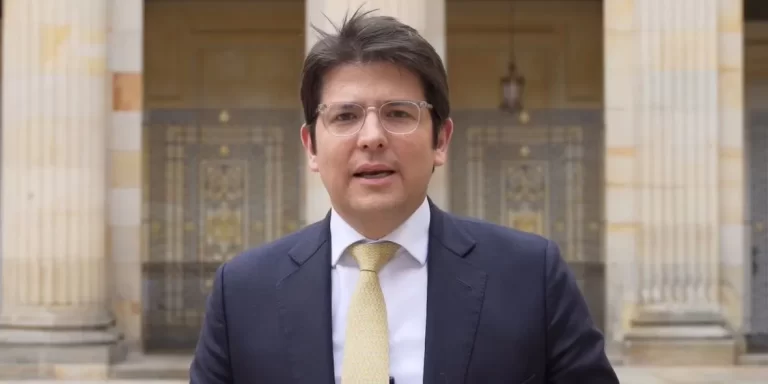[ad_1]
(Reuters) – Civil rights groups filed two new lawsuits on Monday challenging President Donald Trump’s controversial ban on transgender people serving in the U.S. military.
The lawsuits, filed in federal courts in Seattle and Baltimore, say the ban issued on Friday violated U.S. constitutional guarantees of equal protection and due process.
Trump had announced the ban in a series of tweets on July 26, reversing a policy of his predecessor, Barack Obama. On Aug. 9, five transgender service members filed a lawsuit in federal court in Washington D.C. asking a judge to block Trump from issuing a ban.
“We do not comment on active or pending litigation,” a White House official said. A Defense Department spokesman echoed that position at a briefing with reporters.
Trump’s move halted years of efforts to eliminate barriers to military service based on sexual orientation or gender identity, including a 2016 order by Obama designed to let transgender people serve without fear of discharge.
In its lawsuit filed in Baltimore on Monday, the American Civil Liberties Union said Trump had replaced those evidence-based policies “with discredited myths and stereotypes, uninformed speculation, and animus against people who are transgender.”
Courts typically afford the government broad deference on military matters, said Eugene Fidell, who teaches military law at Yale Law School.
But in defending the ban, the Trump administration will face a challenge in explaining why it overturned the Obama-era policy, since it was backed by studies and testimony from military officials, he said.
“The government will have its hands full defending the notion that this is bad for cohesion” among military units, Fidell said.
The ACLU sued the administration on behalf of six transgender service members.
LGBT groups Lambda Legal and OutServe-SLDN filed the second lawsuit in Seattle on behalf of an Army staff sergeant and two transgender people who wish to join the military.
They are seeking to block the ban temporarily as the cases move forward. Trump in his order gave U.S. Defense Secretary James Mattis six months to submit a plan for implementing the policy.
For the ban to survive, the Trump administration must show that allowing transgender people to serve affects “our readiness, ability to fight, and lethality,” said Gregory Greiner, a Washington D.C. lawyer who represents service members.
But that could be hard to prove since transgender people make up a small fraction of the military, he said, and there have been few reports that they have caused any disruptions.
Pentagon spokesman Colonel Robert Manning added: “As directed, we will develop an implementation plan which will contain the steps that will promote military readiness, lethality and unit cohesion with due regard for budgetary constraints and consistent with the applicable law.”
Reporting by Jonathan Stempel in New York and Steve Holland and Adrees Ali in Washington; Editing by Chizu Nomiyama and Dan Grebler
[ad_2]
Source link






Leave a Reply